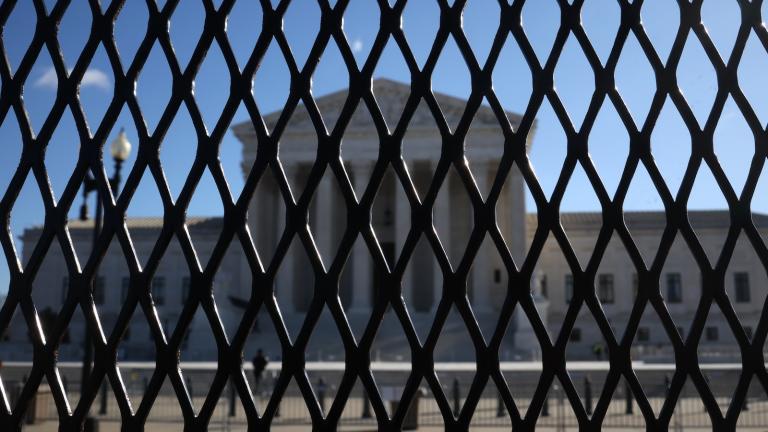The Washington Post reports today:
Edward J. Markey (D-Mass.) claims to have rounded up about 200 votes for an amendment raising fuel economy standards, while the Energy and Commerce Committee chairman, John D. Dingell (Mich.) and 50 other Democrats have signed on to a weaker version … But yesterday, Pelosi said the bill was not likely to address fuel economy at all, postponing the issue until a conference committee reconciles House and Senate energy bills in September …
Pelosi is eager to avoid a breach with the powerful Dingell, who opposes the Markey amendment and whose committee will handle many important pieces of legislation, including health care. The United Auto Workers union and automakers have also lobbied against the Markey measure.
Unfortunately for the nation and the planet, Dingell is working to make fuel economy standards and serious action on climate as politically unpalatable as possible with a classic poison pill strategy:
Dingell said the best way to change fuel economy is to tax carbon or gasoline so people buy more-efficient cars, and he has vowed to make that part of a climate-change bill in September. He opposes the cap-and-trade approach to limiting greenhouse gases that many senators have embraced because, he said, it has not worked well in Europe and is a tax mechanism in disguise.
Uhh, no. Politically, you can’t raise carbon prices high enough to raise gasoline prices since even $1 a gallon — probably the minimum to significantly change fuel economy if Europe is any evidence — would require a carbon charge of $400 per tonne of carbon — which would be very harsh to coal, adding more than 10 cents per kilowatt-hour to coal electricity, and politically impossible (I’ll post more on this later).
Also, the reason cap-and-trade has not worked well in Europe is that the Europeans didn’t have a lot of experience with it and during their trial period they issued too many permits.
The Post article continues:
Some lobbyists have suggested that Dingell was so unlikely to win support for his tax approach that the Democrat, the longest-serving member of the House, was simply maneuvering to make sure no legislation on fuel economy is adopted at all.
But Dingell angrily replied that his climate proposal “is not a straw man.” Noting that he backed President Bill Clinton’s ill-fated energy and gasoline taxes, he said, “I am one who believes that unless and until we have achieved economic incentives for conservation of energy, there will be very little conservation of energy.”
Now that’s funny, since, of course, Clinton’s energy (BTU) tax failed and even his 4.3-cents-per-kilowatt-hour gasoline tax was ultimately repealed.
Historically, the best way to push energy conservation is with improved government standards. Higher carbon prices will promote fuel switching, but only have a secondary effect on efficiency.
This post was created for ClimateProgress.org, a project of the Center for American Progress Action Fund.


